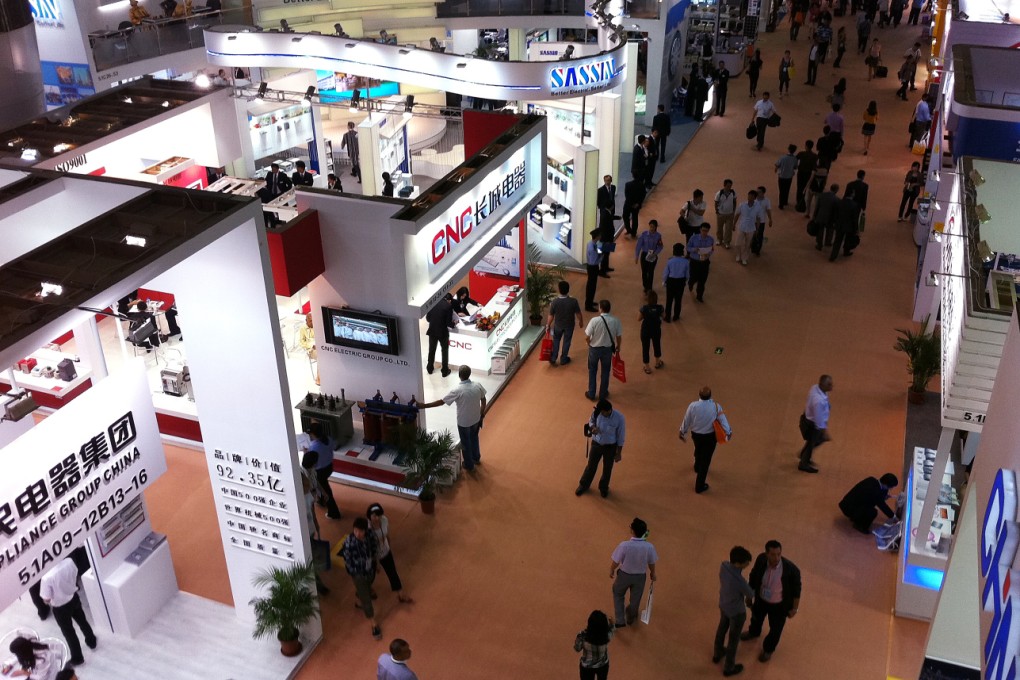China can play key role to prevent intellectual property abuses
James Glassman urges Beijing to demonstrate leadership in trade talks on technology products

China recently indicated it will join suspended talks to update the World Trade Organisation's 1996 Information Technology Agreement, whose participants include the US, the European Union and Hong Kong.
That's good news. It appeared this summer that the talks were scuttled when China, the world's top exporter of IT products, insisted on keeping about 100 hi-tech products off the list of some 250 - including DVD players, smartphones, and advanced semiconductors - that were at the heart of the negotiations to reduce tariffs. But the Chinese leadership seems to have reconsidered, demanding fewer exclusions. Talks are set to resume in Geneva this week.
The development is especially welcome, with the international economy stumbling along. What we need from China, however, is not just economic growth, but economic leadership - especially in digital commerce. It's an opportunity President Xi Jinping should seize.
In addition to pulling down trade barriers, China should help the world establish an intellectual-property regime that fights abuses by patent pools and patent trolls. In the past, nearly all patents were owned by investors and their companies, which used them in their own work or licensed them for others. But, lately, investors have been buying up patents, putting them together in pools, and aggressively suing people and firms they accuse of infringing their intellectual property rights.
Such pools can be beneficial, creating a convenient market for buying and selling the numerous patents required to integrate technology standards into a consumer electronics product, like a video game console. But pools can also deter innovation.
One notorious example involves a patent-licensing firm called MPEG LA, which put together multiple patents from different owners related to the popular MPEG-2 digital video format. The firm charges a high royalty that raises costs to Chinese gamers who used Sony PlayStation and other consoles. But, even worse, about half the patents in the pool have expired. Yet MPEG-2 never adjusts its fees. It's a classic case of "tying" - forcing innovators to buy lots of IP they don't need in order to get the IP they do need.